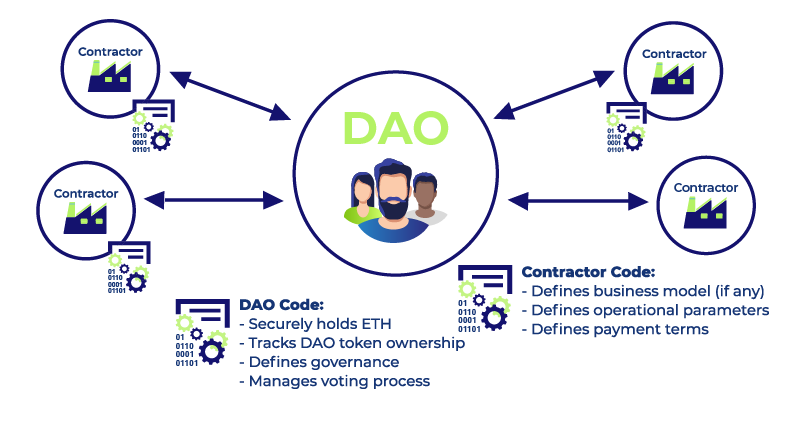One of the main characteristics of cryptocurrencies is that they are decentralized. This means that they are not controlled by a single institution such as a government or central bank, but rather are distributed among a variety of computers, networks and nodes.
In many cases, virtual currencies use this decentralized status to achieve levels of privacy and security not generally available to standard currencies. Inspired by the decentralization of cryptocurrencies, a group of developers came up with the idea of a decentralized autonomous organization, or DAO, in 2016.
It is a form of venture capital fund, based on open source code and without a typical management structure or board of directors. In order to be fully decentralized, the DAO was not affiliated with any particular nation-state, although it did use the Ethereum blockchain.
Nevertheless, hackers attacked the DAO based on these vulnerabilities. The hackers gained access to 3.6 million ETH, worth about $50 million at the time. This incident caused Ethereum's Hard Fork. Since that day, other cryptocurrencies like Dash and Tezos have set up a decentralized, autonomous organization within their own blockchain.
